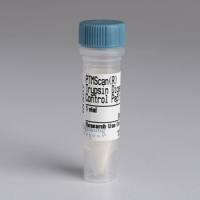NF-κB/Rel transcription factors are critical regulators of immunity, inflammation, development, and cell survival. Activation
of NF-κB inhibits programmed cell death (PCD) triggered by tumor necrosis factor α (TNFα) and several other stimuli. The prosurvival
activity of NF-κB is also crucial to lymphopoiesis, neuroprotection, tumorigenesis, and cancer chemoresistance. The characterization
of the downstream targets that mediate the prosurvival activity of NF-κB is therefore a topic of intense investigation. Early
screens aimed at identifying these genes were mainly based on expression criteria and so were poised to only isolate genes
already known to have protective effects. Here, we describe a new method for the identification of these genes, whereby expression
libraries are screened for their ability to halt PCD in NF-κB-deficient cells. This complementation approach provides substantial
advantages over other approaches, as it enables functional assessment of isolated genes without any preconceived notion about
their sequence or presumed role. Expression libraries are generated from cells that are resistant to TNFα-induced cytotoxicity
and are then enriched in prosurvival genes upon selection with TNFα in NF-κB/RelA
-null cells, which are highly susceptible instead to this cytotoxicity. Upon enrichment, libraries are screened through a
randomized two-step approach, whereby cDNAs are first tested for cytoprotective function and then for differential expression
in NF-κB-proficient and NF-κB-deficient cells.






